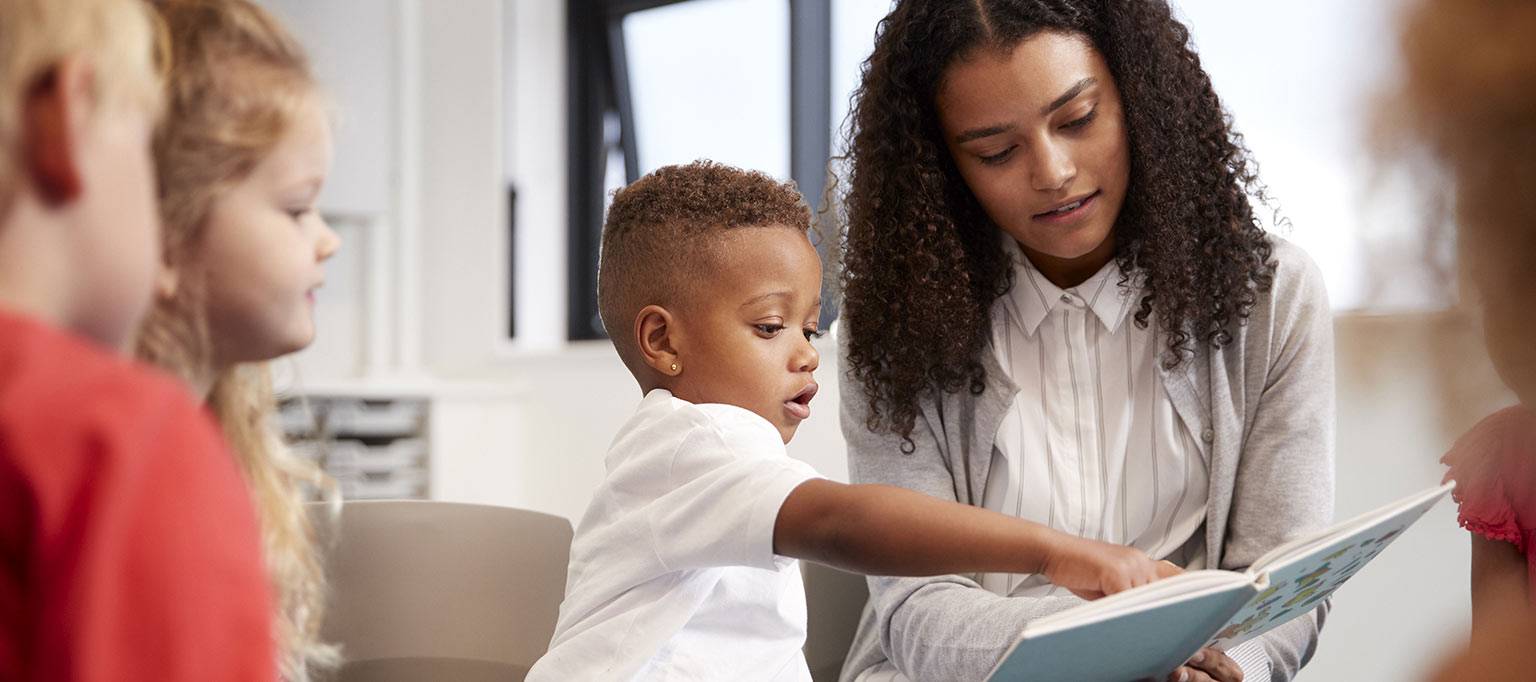Social Communication

Social Communication refers to:
- Non-Verbal interaction, such as pointing, gesture, facial expression, signing
- Verbal interaction, such as speaking or making sounds
It is how we function in social situations (e.g. requesting, greeting) and adapt depending on the situation. At a higher level it includes conversational skills such as taking turns and staying on topic.
The Speech and Language Therapy team can be involved in developing a child’s social communication skills by:
- Supporting to develop early communication skills
- Supporting language/speech development
- Suggesting alternative methods of communication and supporting to implement
- Supporting with ideas on using visuals/adapting environment/developing social skills
This section includes relevant resources and advice to support the development of a range of social communication skills. Please look at the ‘Useful Downloads’ tab.
Please also view our Autism Spectrum Disorder page for more information.
General Information
Useful Downloads
Related Topics
Useful Links
Our Service Pages
Children’s Speech & Language Therapy